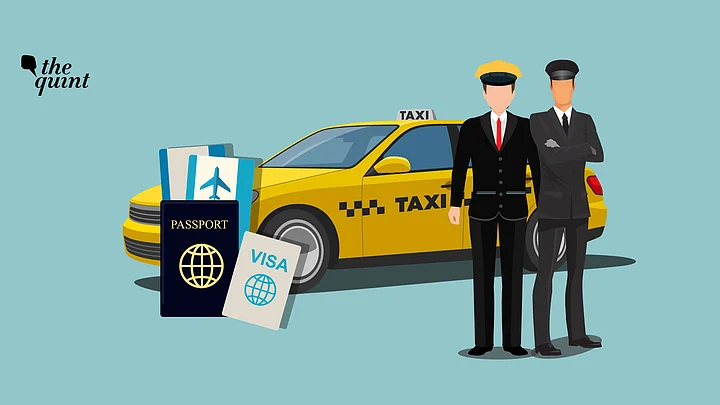It was 2003 when 48-year-old Rajan* (name changed) had left Cuddalore in Tamil Nadu to take up a job in Kuwait. He worked as a taxi driver with various firms, earned enough money and built a beautiful house for his family back in India.
The tsunami of 2004 played havoc and his house was destroyed and unable to repay the loan, he lost his property to the bank. For 16 long years, he has made sure that his family doesn’t go hungry.
Today, with the coronavirus pandemic, he has no means of earning and all his savings are drained trying to support eight persons in all. His son is married and has two kids but is unable to earn much as he is a school van driver. His daughter is also married and has two kids, and her husband is a fisherman and life has come to a standstill with this lockdown.
Holding back his tears, he said he yearns to see his family but that day is not coming anytime soon as he has to stay back to earn.
Lakhs of Indians living abroad have reached out to the government with the request to bring them back home to be reunited with their families.
However, the plight of thousands of cab drivers stranded in these Gulf countries is such that they will not be able to return home, even if given the chance.
The names of all the cab drivers have been changed as they believe revealing their identities would jeopardise their jobs.
Several state governments are arranging flights and ships to bring back those stranded abroad. When asked if they would like to return, they replied that they are bound by contracts that don’t allow them to.
“A few of us from Kerala and Tamil Nadu started a taxi company and we were doing quite well. However, we have signed contracts for four years and so we will not be given visas as we need to work to pay our dues.”Ramesh*(name changed) , Cab Driver to The Quint
Another native of Kottayam, Kerala said that the labour laws in the country are quite strict about adhering to the contracts, however, since they are not natives of the country, they do not enjoy any benefits. He added that breaking the contract would lead to legal repercussions.
‘Customer is God’
During this difficult time, it is long-time Indian customers who have come to their aid.
“The saying ‘Customer is God’ is so true and I am proud to have followed that all these years because it is all coming back to me. They have helped me out with money to send to my family, supplies and even assurance,” said Rajan.
Nilesh* from Trivandrum, Kerala has applied on the NORKA (Non Resident Keralites Affairs) website but he said his family has now told him to stay back.
“If I go back, will that feed my family?” asks Nilesh, breaking down.
The Kerala government stated that more that 2.31 lakh Keralites have registered on the NORKA-Roots web portal and the numbers are increasing. According to a bulletin by the Reserve Bank of India (RBI), 90 percent of overseas Indians are employed in the Gulf region and South East Asia
Social organisations in Kuwait have been trying their best to provide essentials for fellow Indians who are in dire need, especially those who have lost their jobs.
They have even arranged for doctors who can assist patients over the phone, and even counsellors for those who have complained of anxiety and depression.
At the end of the conversation, Rajan smiled and said, “My plan after the lockdown? Get driving again, of course!”
(At The Quint, we question everything. Play an active role in shaping our journalism by becoming a member today.)
